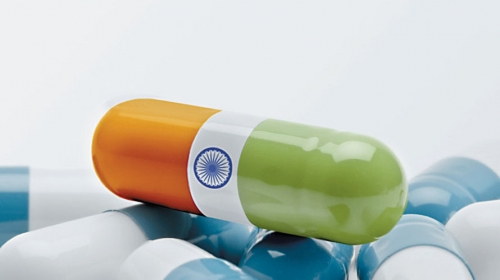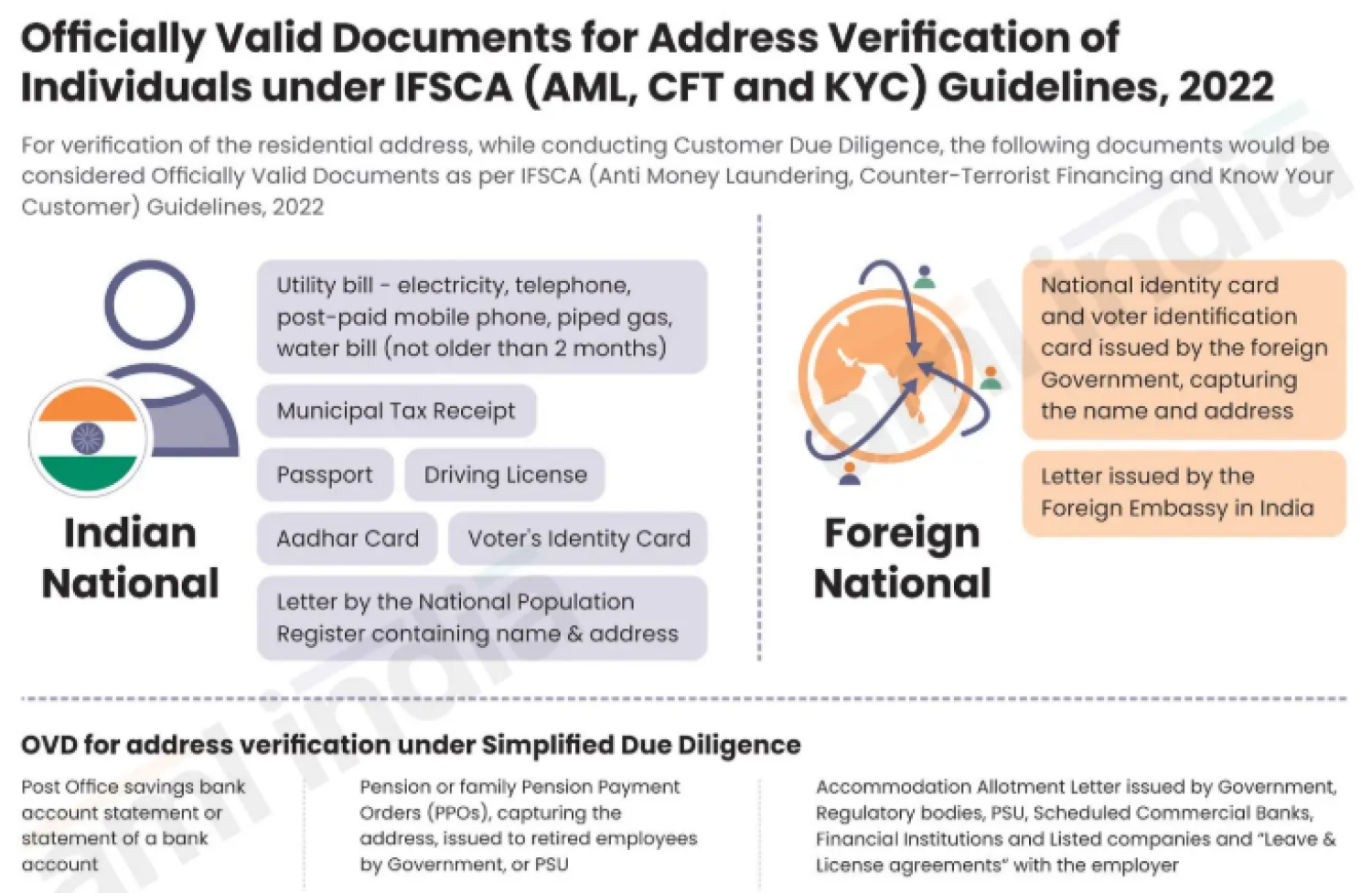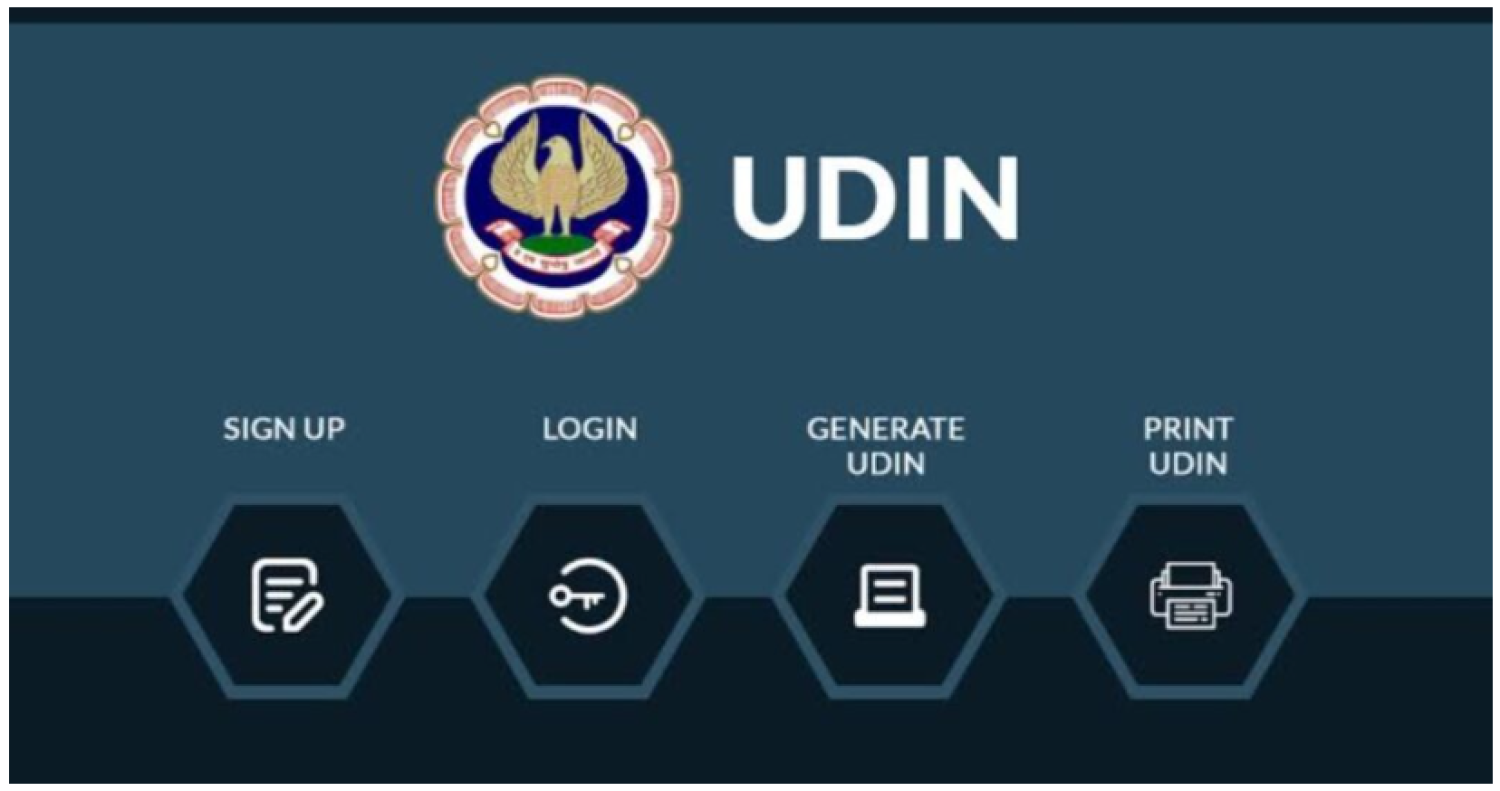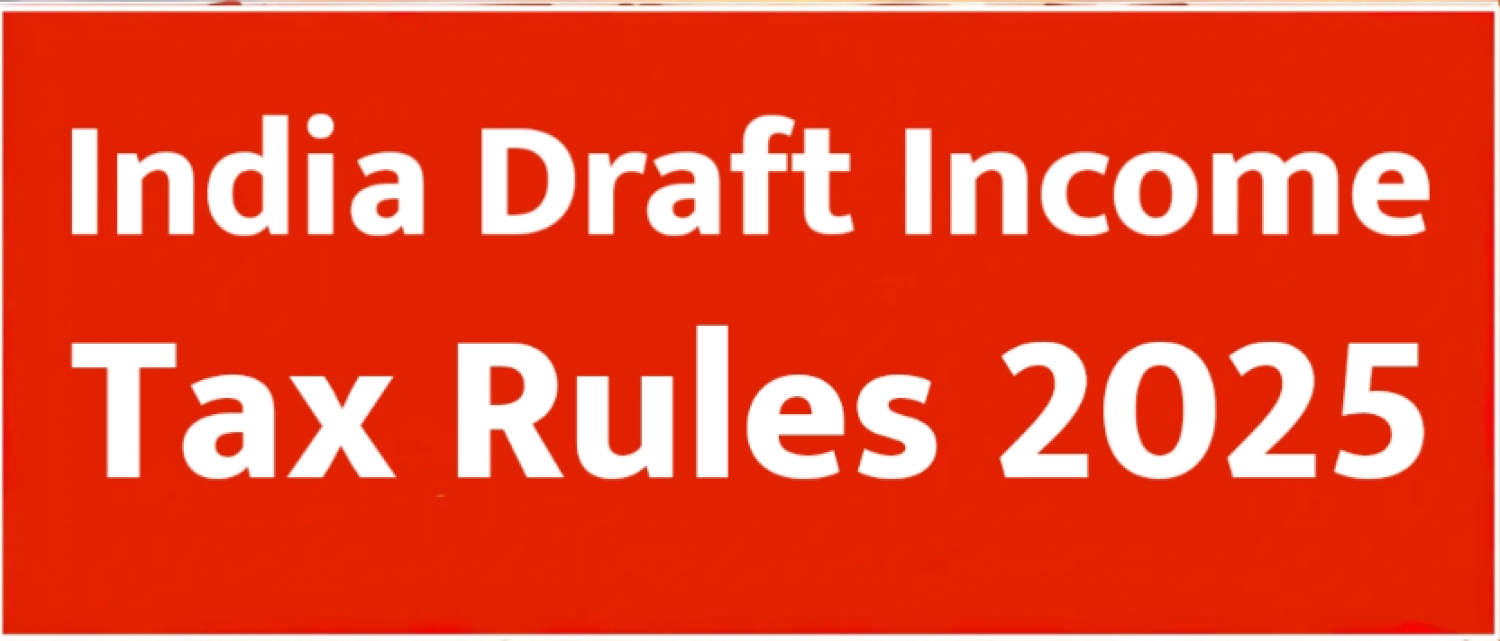
The current tax structure of our country contains many complications because of the multiplicity of taxes, tax surging, and a large number of necessary responsibilities. In order to create a more uncomplicated tax structure, various Indirect taxes have been incorporated in the GST.
In the GST act, there has been given considerable weightage to the healthcare service providers and they are to benefit from this as there are laid many provisions that exempt them from paying tax. But as they are being exempted will not signify that the cost for providing the services will fall because of the fact that the increase in the GST tax rates will cause an increase in the cost of goods and services.
Due to the implementation of the GST bill, there is a chance of a rise in the prices of medical supplies. If the tax rate crosses the barrier of 12% then there will be an increase in the price of medicines otherwise the effect of the GST will be negligible on them.
The effect of the GST on the pharmaceutical industry is as follows:-
Area-based Exemptions under Various Existing Tax Laws-
A tax refund structure is to be created by combining the Excise Act which is the exemption granted according to the location of a particular area and the State industrial policies act which provides incentives. But during the provisional period, GST will not allow such privileges.
Also, under the valuation column in the GST Act, it talks about how the subsidies are to be included in the MRP of the product resulting in rising in the price of the product.
Warehousing Strategy-
It is also said to have a constructive effect on the strategies followed by various warehouses. Stock transfers are exempted from taxation as stated under the current Value Added Tax (VAT) structure. This is the reason why various pharmaceutical companies are holding their stocks in various warehouses in other states so that they are exempted from paying the Central Sales Tax (CST) of those states.
Once the GST fully comes into action, the producers can set their warehouses at specific locations which are convenient to approach, and hence there will be an alliance of warehouses created.
Treatment of Blocked Credit
It is because of the high taxation rate on the input side and vice versa on the output side, the pharmaceutical industry is suffering from hoarded-up credit. With the implementation of the GST law, there are provisions for the return of blocked credit.
Free Samples
It is natural for every pharmaceutical company to supply small gifts, samples, etc. These small gifts and samples are currently taxed under the central excise so VAT and CST are not levied on them. But now the picture is about to change. Taxes will be levied on the free samples under the GST act. Therefore, this will indicate a rise in the cost of production of the companies.
Reduction in Distribution Cost-
Coming to numbers the pharmaceutical industry in India is among the largest medicine manufacturers and in the fourth position all over the world. The cost of production in the US is double the cost of production of medicines in India. It is because of the wages of the laborers in India. But still, the taxes in India makes it more complicated. The cost of production is hugely affected by obstacles like Central Sales Tax (CST) levied on raw materials, blocked credit of Value Added Tax (VAT), and also its boundaries.
The pharmaceutical producers in India are now purchasing raw materials from other states or they are being imported from other countries. Hence either they have to pay import duty or the Central Sales Tax (CST) charged by the various states.
The implementation of the GST will cause the production cost of the medicine manufacturers to lessen. Reduction in cost will lead to an enhanced supply and circulation process.

















